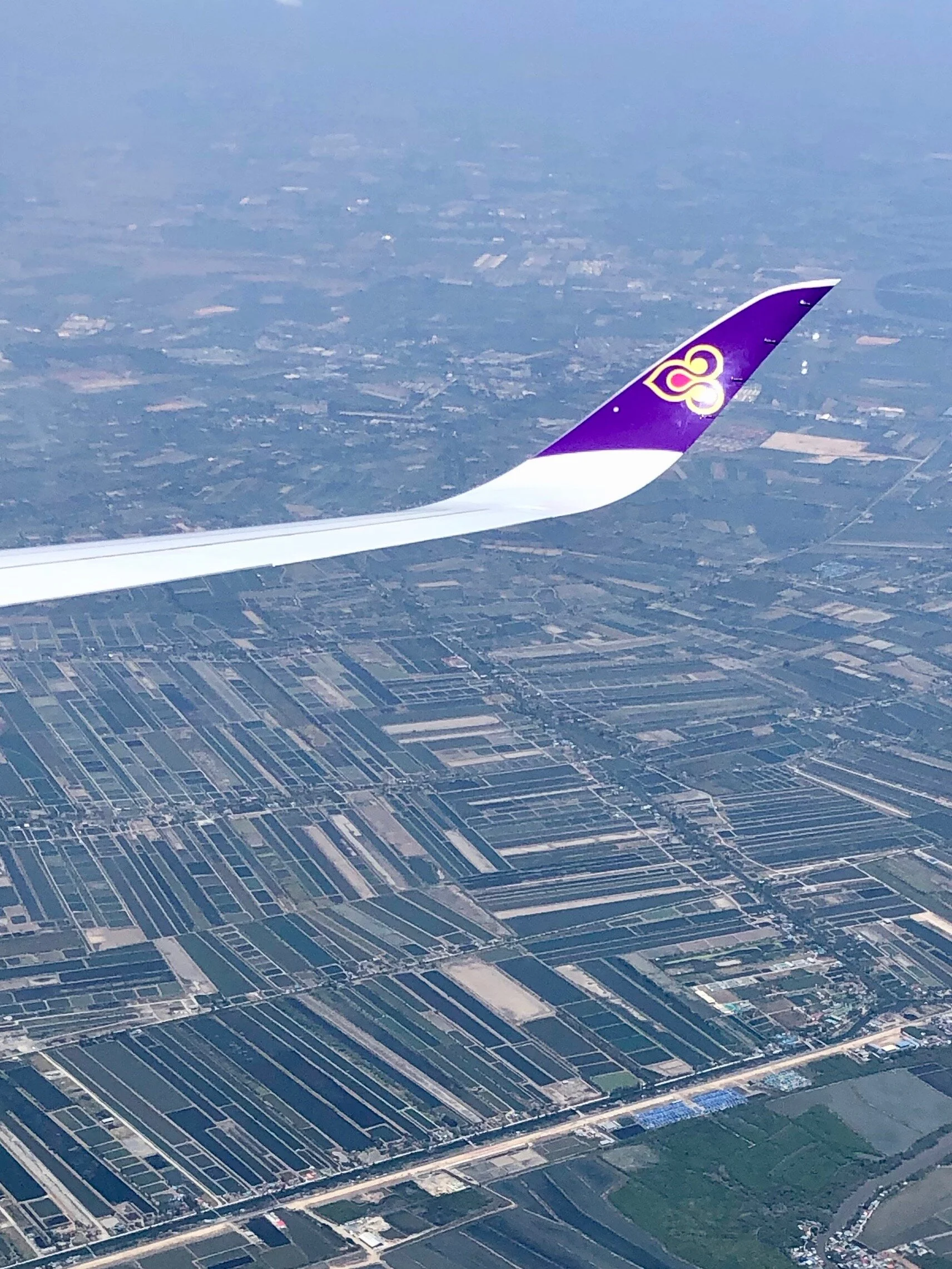At a time of unprecedented challenges to global and regional trade, the CPTPP provides a welcome dose of lowered risks and greater certainty. Firms are currently thinking mostly about the impact of COVID-19 on trade. But there is also a second challenge on the horizon—governments are increasingly disregarding their global obligations under the World Trade Organization (WTO). The multilateral trade regime is, at best, creaking under the weight of increasingly out-of-date rules and fewer partners willing to step up and lead the institution to the future. The CPTPP is a critically important trade agreement meant to shore up support for market activities between member states. Governments, of course, still maintain the right to regulate, including for human, animal and plant life and health. But CPTPP member governments have also agreed to limit scope for discriminatory, arbitrary and non-transparent decisions that affect trade with other partners. Such stability commitments are likely to be more urgent than ever in a post-virus world. Firms that are inside the CPTPP stand to benefit much more than companies that are not able to use the deal. This means that economic growth should rebound faster in CPTPP member countries, with better job prospects and more opportunities.
Pivoting the Business: Small Business Survival in Travel and Tourism
It might be assumed that MSMEs that deliver services to travelers will be unable to manage at all. As an example, if no one is coming to the visit the city, site or beach, what good are tour operators or local guides? However, smaller firms should not despair. For many companies, it is possible to pivot and offer travel and tourism services online. AirBnB, for instance, has been developing an innovative lineup of “experiences” from their local hosts that are in hot demand. Many of these offerings even come with substantial price tags for customers, allowing firms to generate revenue in a purely virtual world. It may even be the case that some firms offering extremely popular experiences make more money in the downturn than before, as a global audience can provide more customers than those requiring a physical presence. What do these travel experiences look like? Could be learning the secrets of Japanese whiskey, frying spring rolls with a street vendor in Bangkok, creating a storybook for the whole family with an author in Mexico, or taking a scuba “tour” with a local guide in the Maldives. Customers might sign up for virtual walking “tours” of far-flung locations like temples or forests in Bhutan or opt to make sangria with drag queens in Spain. Innovative offerings from creative MSMEs could dramatically expand the concept of travel, leaving customers even more eager to experience something similar in person once flights and travel resume. Destinations that weren’t anywhere on a personal “bucket list” could shoot up during a time of lockdown and travel disruptions.
Wanted: An Unusual Suspect for the Next WTO Director General
It is time for WTO members to salvage the system they have and begin its repair rather than choosing a new wallpaper. This is a tall order for the next Director General. The next DG must have an intimate understanding of emerging trade and economic issues, particularly those that will define competitiveness and sustainability in the future in areas such as digital, services, and intellectual property, which account for a growing proportion of value-added. Issues related to climate change—from carbon reduction solutions to climate friendly products and processes—will play a growing role in national actions and thus in trade policy. Part of the DG’s role will be to demonstrate to members that these are no longer Northern agenda items, but global ones, and that multilateral engagement on these issues is essential to deliver prosperity for all. High on the list of selection criteria should be managerial skills, which have been given lower priority in previous processes. Such skills include the capacity to envision, to bring out-of-the-box thinking to bear, and to guide change processes with members; to synthesise and communicate a shared vision of an updated WTO; and the ability to energise members and the WTO staff in the Secretariat toward a mission of reform. She or he will need the interpersonal skills to bridge differences and build trust, and the strategic and tactical skills to organise for action. The WTO possesses a devoted and high-calibre Secretariat with whom the DG should promote shared objectives and leadership in generating the innovation that will be needed for effective change
The Siren Call of Data Nationalism
The notion that building a larger stockpile of “data” and denying it to other countries will give one a relative advantage is misguided. Countries implementing data nationalism in Asia are some of the most populous countries in the region/world, i.e. they already produce a large amount of data. What would be more helpful is for them to maximize their existing supply of reusable data by getting more firms to use ICT to generate, collect, and analyze data. Having a large cache of raw, unprocessed data is itself not helpful. What is important is how that data is leveraged to generate insights and unlock value. To this end, countries should focus on how to assist local firms, MSMEs in particular, to understand how they can generate and create value from data, including information they create and collect themselves. This should be complemented by efforts to increase data literacy among workers and improve digital infrastructure. As more firms use ICT services, more data can be generated, collected, and analyzed. This will lead to the sort of virtuous cycle of growth that countries need to propel their data aspirations.
The New House: End of Open-Plan Living?
After watching a lot of HGTV lately, it seems that nearly every buyer or anyone looking to remodel a home on nearly every show starts with a similar request: “I want something open concept with a big kitchen for entertaining.” Every remodel starts with smashing down walls to create lines of eyesight from every part of the house to every other part. Buyers want kids to have nowhere to hide. After weeks of lockdown, however, “open concept” living is surely going to undergo an adjustment. The same four walls look more repetitive than ever if they are always the same four walls with no way to escape to another room. Having everyone always in sight sounds considerably less appealing when everyone in the house is in sight and earshot 24/7. Consumers will likely be asking for a lot more walls and more doors in a post-COVID period. Another new “must have” item: a dedicated home office with a door. This space will no longer be shared with the kids playroom or the guest bedroom. It will now need to have an adequately sized desk, a comfortable chair for extended periods of work, decent lighting and sufficient power plugs to run a much wider range of equipment. Office storage will probably surge as well, as people need to have more files at home, particularly for employees working from home for indefinite periods. Desks will also make a return to children’s bedrooms.





